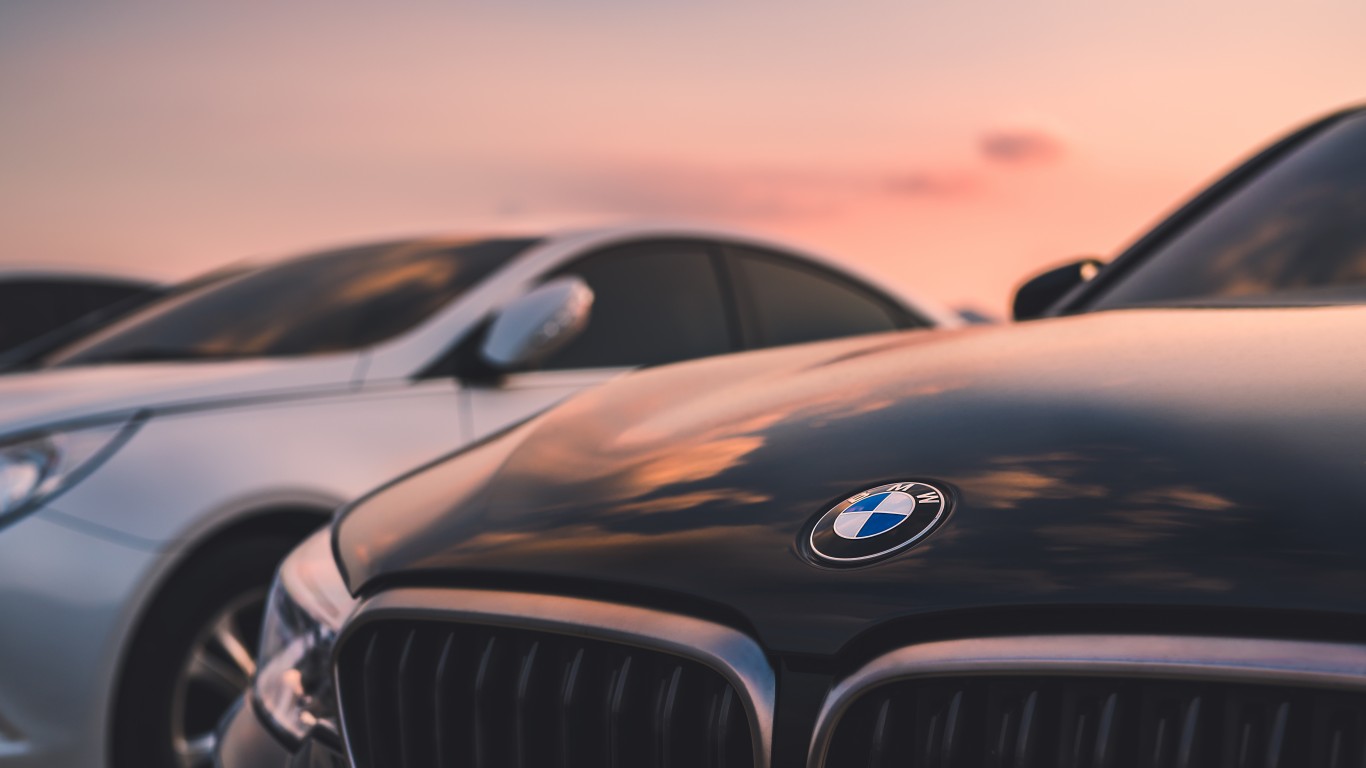
On Oct. 19, 2022, German automotive stalwart BMW Group (US:BMWYY, DE:BMW) announced its intentions to invest $1.7 billion in its U.S. operations. Specifically, the initiative centers on expanding its electric vehicle lineup, along with its battery development protocol.
According to a CNBC report, the “investment will include $1 billion to prepare for production of EVs at the automaker’s existing Spartanburg factory in South Carolina, and $700 million for a new high-voltage battery-assembly facility in nearby Woodruff.”
Currently, the Spartanburg facility produces BMW X sport utility vehicles and lithium-ion battery modules for its two plug-in hybrid EVs. However, by 2030, management expects to use the factory to produce at least six fully electric-powered cars in the U.S.
“Going forward, it will also be a major driver for our electrification strategy, and we will produce at least six fully electric BMW X models here by 2030,” stated BMW chair and CEO Oliver Zipse in a press release.
CNBC also reported that the German auto giant will procure battery cells from Japan-based Envision AESC. Envision will build a new battery cell factory in South Carolina to feed BMW’s product requests.
While a seemingly positive development, BMW Group also faces a major geopolitical challenge. According to the Financial Post, Germany’s automakers are concerned about brewing tensions between western forces (particularly the U.S.) and China. Earlier this year, German policymakers received an abrupt warning about how dependencies on unstable administrations can yield devastating economic consequences.
However, the Financial Post reports, a similar flashpoint but involving China and Taiwan may facilitate dramatic consequences that extend beyond the scope of the ongoing Ukraine crisis.
Per the news agency, “BMW CEO Oliver Zipse last week even went so far as to defend China’s market policies and compare them favorably to how President Joe Biden is changing the playing field in the US.”
Pointedly, Zipse “warned that the Biden administration’s climate law designed to wean the US off battery materials sourced from China could provoke retaliatory steps and set off a ‘dangerous’ game of trade barriers.”
“The Germans can’t bite the hand of the one that feeds them,” remarked Matthias Schmidt, a Berlin-based auto analyst, regarding some European automakers suggestions to limit or cease making cars in China. Unfortunately for BMW, its fortunes are increasingly tied to the world’s second-biggest economy.
As the Financial Post noted, BMW is “shifting production of electric Mini hatchbacks to China from the UK and assembling an SUV model there through its partnership with Great Wall Motor.” Therefore, the awkward positioning has many German auto executives holding their breath.
This article originally appeared on Fintel
Sponsored: Tips for Investing
A financial advisor can help you understand the advantages and disadvantages of investment properties. Finding a qualified financial advisor doesn’t have to be hard. SmartAsset’s free tool matches you with up to three financial advisors who serve your area, and you can interview your advisor matches at no cost to decide which one is right for you. If you’re ready to find an advisor who can help you achieve your financial goals, get started now.
Investing in real estate can diversify your portfolio. But expanding your horizons may add additional costs. If you’re an investor looking to minimize expenses, consider checking out online brokerages. They often offer low investment fees, helping you maximize your profit.






